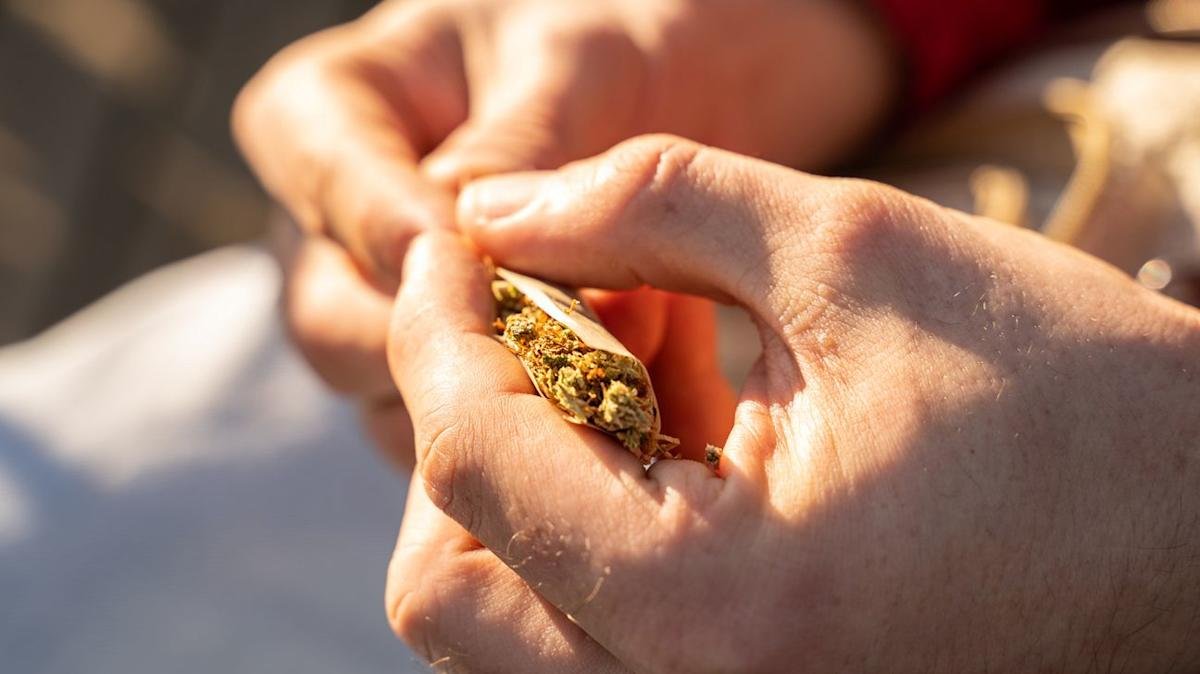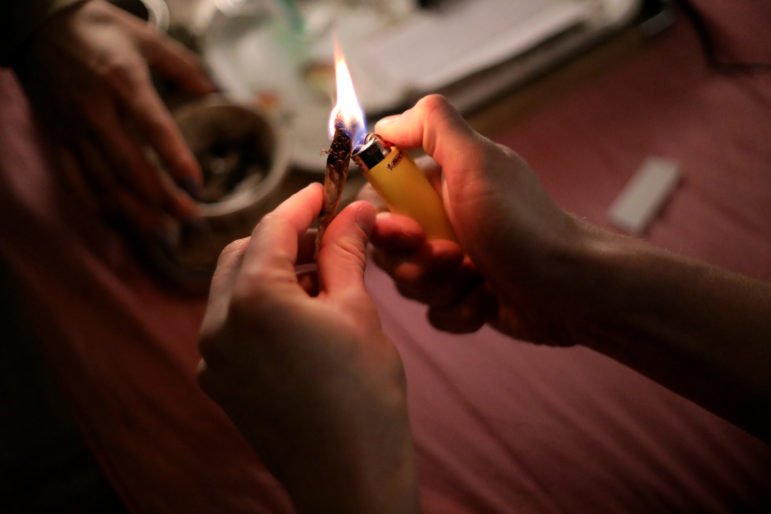In Massachusetts, a troubling trend is emerging among teenagers and young adults related to cannabis use, particularly the consumption of high-potency products. A mother recently shared her experience with her son, who appeared to have a normal high school life filled with sports and good grades, but was secretly using cannabis heavily. Initially, he smoked cannabis flower with friends but transitioned to vaping, which allowed him to consume nearly pure THC without the tell-tale smell.
The teen explained, “It was easier to sneak around. I was able to do it wherever I wanted. You could literally do it in this room, and the smell would go away in 30 seconds.” This led to him using the substance multiple times a day, including during school and work, and even waking up at night to smoke.
His parents did not realize the extent of his usage until they noticed changes in his behavior, which included making bizarre statements that his friends initially found amusing. This behavior escalated into what medical professionals later diagnosed as cannabis-induced psychosis. The teen shared, “Sometimes I would feel like I wasn’t in a body. Other times, I would hear voices.”
Eventually, he was taken to the emergency room, where he experienced full-blown mania. His mother expressed her fears, saying, “We thought, ‘We don’t know if he’ll ever be lucid again.’ It’s very, very scary to go through that.”
After months of treatment, including two months in a residential facility, the teen regained his lucidity and is on a path to recovery. Unfortunately, he is not alone in this fight. Medical professionals across Massachusetts report a substantial increase in cases of cannabis-related mental health issues among youth.
Dr. Sharon Levy, chief of Boston Children’s Hospital Division of Addiction Medicine, stated, “Cannabis is the number one reason for kids coming to the program.” Psychologists like James McKowen from Massachusetts General Hospital’s Addiction Recovery Management Service (ARMS) have observed similar trends, noting a rise in psychosis cases linked to cannabis use. Chris Herren, a former NBA player and recovery advocate, emphasized that most young adults he encounters are vaping high-potency THC.
Dr. Aaron Quiggle, medical director of Mass General’s ARMS, has seen hundreds of patients with similar issues. He warned that regular use of high-potency cannabis significantly increases the risk of developing a cannabis use disorder and psychosis. “Teenagers who use high-potency cannabis regularly are more likely to develop these disorders,” he noted.
The potency of cannabis has escalated dramatically over the years. Cannabis seized by law enforcement in the 1970s typically had a THC content of 1-2%. This rose to 3-5% in the 1990s and reached around 16% in the 2000s. Today, products available in dispensaries, including vape pens, can have THC levels between 85% and 95%. Many young users consume these products daily, with some reporting that they keep their cannabis within arm’s reach at all times.
Dr. Quiggle highlighted the strong correlation between high-potency cannabis use and serious mental health outcomes, including psychosis and addiction. He referenced a Danish study tracking individuals who experienced cannabis-induced psychosis over 20 years, revealing that roughly half developed either schizophrenia or bipolar disorder later on.
While the link between heavy cannabis use and mental health issues is established, proving causation remains complex. Quiggle stated, “Teenagers who use cannabis are 27 times more likely to end up in an emergency room or a hospital with a psychotic disorder than their same-aged peers who don’t use cannabis.”
The ARMS clinic emphasizes the importance of parental involvement in treatment, often educating parents about the stark differences between today’s cannabis products and those from their youth. Many parents are surprised to learn about the high potency of current products. McKowen advises parents to educate themselves about cannabis, suggesting they visit dispensaries to ask questions and understand the risks.
The teen and his mother credited the ARMS clinic for helping restore his life. However, they lament the lack of awareness regarding the dangers of high-potency cannabis. The teen remarked, “I’ve never heard anything about it online or on the news or YouTube or in school or health class or anything.” His mother echoed this sentiment, stating, “There is a lot more damage that can be done with marijuana than people understand. No one has any idea. I don’t know why it’s not out there about the dangers.”




